Questions for Lender Conversations
What kind of loan do I qualify for?
There are several types of home loans available to borrowers, each with its own set of advantages and disadvantages. Here are some of the most common types of home loans:
Conventional Loans: These are home loans that are not insured or guaranteed by the government. They typically require a down payment of at least 3% of the purchase price.
FHA Loans: These loans are insured by the Federal Housing Administration (FHA) and are often popular with first-time homebuyers due to their lower down payment requirements (as low as 3.5% of the purchase price).
VA Loans: These loans are available to current and former members of the military and are guaranteed by the Department of Veterans Affairs. They often have lower interest rates and no down payment requirements.
USDA Loans: These loans are available to borrowers in rural areas and are backed by the U.S. Department of Agriculture. They typically have no down payment requirements.
Jumbo Loans: These loans are for higher-priced homes and exceed the loan limits set by Fannie Mae and Freddie Mac. They often have stricter credit requirements and may require a larger down payment.
Fixed-rate Loans: These loans have a fixed interest rate for the entire term of the loan, typically 15 or 30 years.
Adjustable-rate Loans: These loans have an interest rate that can change over time, typically after an initial fixed-rate period. They may be a good option for borrowers who plan to sell or refinance their home before the rate adjusts.
It's important to carefully consider your options and work with a qualified lender to determine the best home loan for your individual situation.
How much do I need to have available for my downpayment?
The amount you need for a down payment can vary depending on the type of home loan you are applying for and your individual financial situation.
For conventional loans, lenders typically require a down payment of at least 3% of the purchase price. However, a larger down payment can help you qualify for better interest rates and may make it easier to get approved for a loan.
FHA loans require a down payment of at least 3.5% of the purchase price, but borrowers with credit scores of 580 or higher may be able to qualify for a lower down payment of 10%.
VA loans and USDA loans do not require a down payment, but there may be certain eligibility requirements you must meet to qualify.
Jumbo loans typically require a larger down payment, usually at least 10% of the purchase price.
In general, the more you can put down upfront, the less you will need to borrow and the lower your monthly mortgage payments will be. However, it's important to make sure you have enough funds available for closing costs and other expenses associated with buying a home. Your lender can help you determine how much you need for a down payment and other costs.
What rate can you offer me? Can I buy down my rate for a better monthly payment? What is the return for buying my rate down?
Interest rates change daily, so it is important to ask about current rate. Beyond that, you may be able to buy down your interest rate further.
Can I see the Loan Estimate (LE)?
When comparing rates and closing costs from different lenders, it is important to ask for the Loan Estimate. The officially Loan Estimate will allow you to appropriately compare apples to apples and see the pricing structure for each offer.
What will my monthly payment be?
This is the most important question you need to ask the lender!
All Buyers
Can I turn my current home into a rental?
Lenders will allow to do what is called a primary residence to rental conversion. In this process they are able to remove your liability for your current mortgage from your Debt-To-Income (DTI) ratio to qualify you for a new mortgage. To do this, lenders often require a signed lease and a collected security deposit to ensure that the property will be rented once you move into your new home.
Can I purchase a new home BEFORE I sell my current home?
Depending on your financial situation, you may be able to purchase a new home before you sell. your current home. This can be accomplished by qualifying for both mortgages or by obtaining a bridge-loan.
Can I use equity from my current home as a down-payment for a new home?
Depending on the amount of equity you have in your home, you may be able to use a Home-Equity-Line-Of-Credit (HELOC) or Cash out refinance to use the equity in your current home as the down-payment for a new home. This will primary depend on your unique financial situation.
